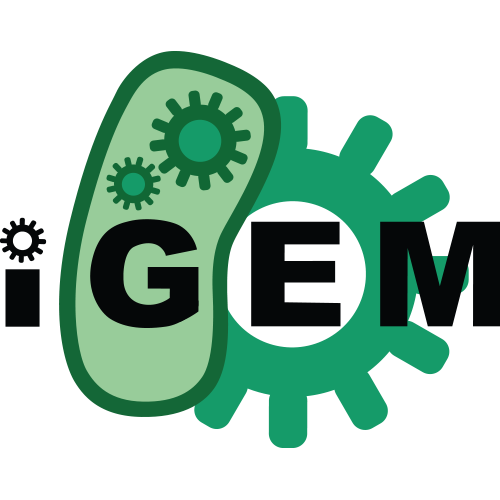Source:
Generated By: https://synbiohub.org/public/igem/igem2sbol/1
Created by: Reshma Shetty
Date created: 2003-01-31 12:00:00
Date modified: 2015-08-31 04:07:23
cI repressor from phage HK022 (+LVA?)
| Types | DnaRegion |
| Roles | Coding CDS |
| Sequences | BBa_C0050_sequence (Version 1) |
Description
Coding region for the HK022 bacteriophage cI protein. cI binds to the HK022 pR regulator (BBa_R0050). It represses transcription of the protein encoded by the sequence 3' to the pR region. This coding sequence does not contain a RBS.Notes
References (unparsed) here:Carlson NG, Little JW. Highly cooperative DNA binding by the coliphage HK022 repressor. J Mol Biol. 1993 Apr 20;230(4):1108-30.
PMID: 8487297.
Mao C, Little JW. Mutations affecting cooperative DNA binding of phage HK022 CI repressor.
J Mol Biol. 1998 May 29;279(1):31-48. PMID: 9636698.
References (unparsed) here:
Carlson NG, Little JW. Highly cooperative DNA binding by the coliphage HK022 repressor. J Mol Biol. 1993 Apr 20;230(4):1108-30.
PMID: 8487297.
Mao C, Little JW. Mutations affecting cooperative DNA binding of phage HK022 CI repressor.
J Mol Biol. 1998 May 29;279(1):31-48. PMID: 9636698.
Derived from It is unknown whether there is cross-talk between this repressor and Lambda cI regulatory region, 434 cI regulatory region and P22 regulatory region.
Response from John Little (Arizona) regarding the start of HK022 cI
From:
Date: Tue Jan 21, 2003 4:39:21 PM US/Eastern
To: "Drew Endy"
Subject: RE: hk022 cI start (naive question)?
Hello Drew and Michael, I seriously doubt that the extra 27 aa are part of CI. It doesn't make sense in terms of the biology, for sure. In any case, the protein we characterized starts where Carlson and Little stated; as I recall, oR3 partially overlaps the start of cI. I have a vague memory of some possibly interesting biology, having to do with multicopy plasmids. I don't recall the findings themselves. Anyway, one possible explanation was that this extra N-terminal addition was made (e.g. from the pRE promoter, or from a message that arose from transcription around the entire plasmid), making a protein with altered functions. We never followed it up.
Good luck
John
-- Original Message --
Date: Sun, 19 Jan 2003 15:26:26 -0500
Subject: hk022 cI start (naive question)?
Cc: elowitm@rockefeller.edu
To: jlittle@u.arizona.edu
From: Drew Endy
Hi John, I'm sitting here with Michael Elowitz and we're working through the sequence for HK022 cI. We noticed that the annotation from NC_002166 includes an "extra" 81 base pairs upstream of what we thought of as the actual start. It looks like this extra DNA extends into the PR regulatory region. We're wondering what's going on here? I'm guessing this is well documented somewhere. Thanks for any pointers/info!
Drew
